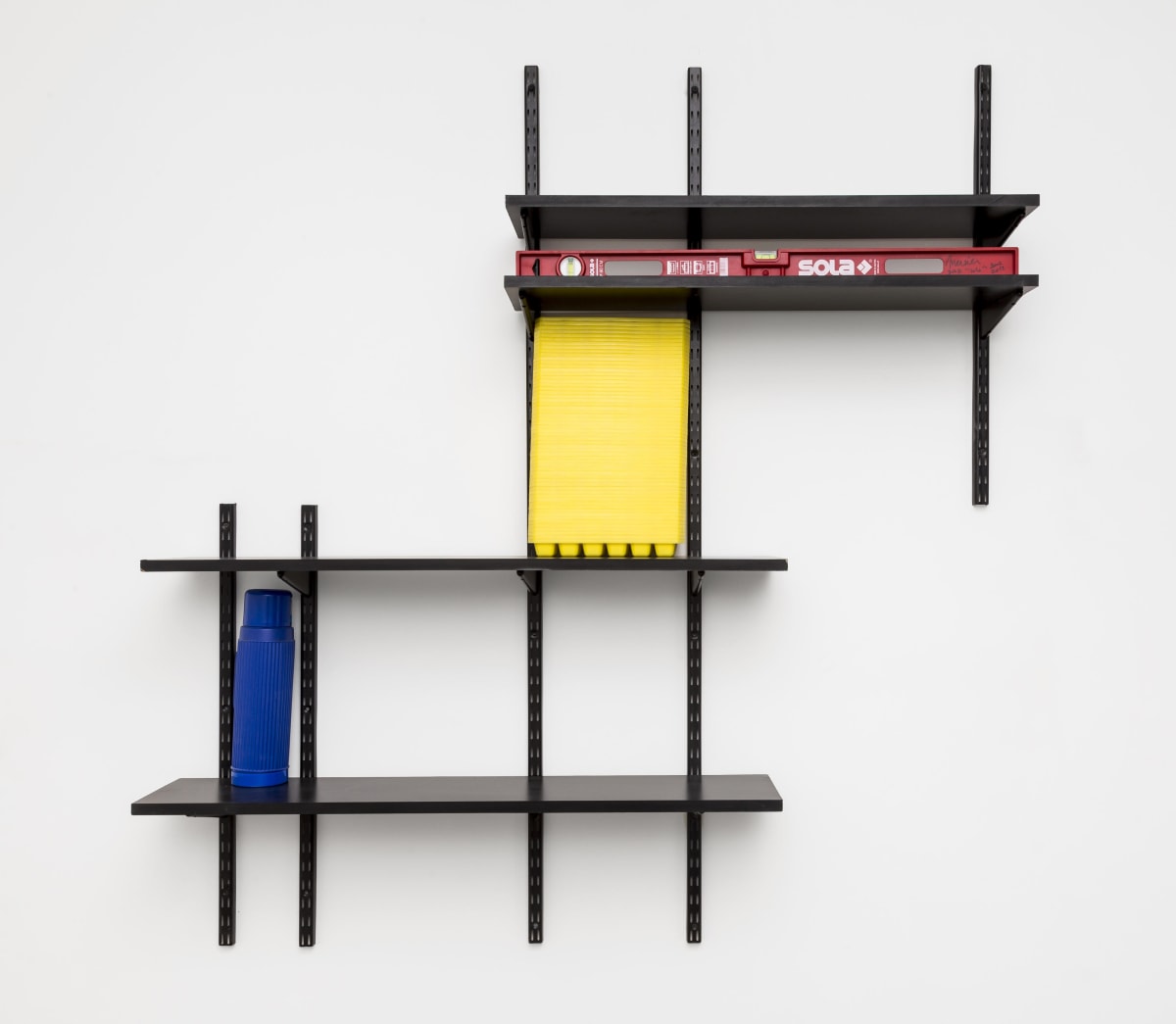Ivan Argote
Bogotá, Colombia, 1983
Iván Argote's work is distinguished by its irreverence and satirical power. Through a wide range of media, including video, performance, installation, sculpture, drawing, and painting, Argote develops an ethic that struggles with the solemnity of the aesthetic experience and expresses itself over everything that was built, with a gaze that tends to see the present as a vast terrain of ruins in which the artist must play.
In many of his site-specific interventions, on pieces from major museums, monuments, or public spaces, Argote shows his desire to empty the grandiloquent tones of the great stories that support the heritage objects of the history of art and national history. Thus, he seeks to recover spaces where human contact and social forms predominate. By dancing in front of Malevich's work, graffitiing a Mondrian painting, intervening historical pieces, simulating the collapse of monuments, denouncing the advance of real estate gentrification in cities, and rescuing abandoned or forgotten spaces for community use, the artist rethinks the relationships between collective memory, the logics of power in space, and the possibilities of rebelling against these stagnant structures by disrupting inherited symbols.
His ethics are the result of a meticulous work of urban observation, a penchant for archival research and thoughtful visual design to capture his operations of humorous subversion. Using the same method, Argote works with his personal memory. Working with the family photographic archive, he contrasts the views of the past, subjected to time and deterioration, with contemporary views, marked by their synthetic, flat, and advertisement-based character. At all times, his proposal requires active participation on the part of the viewer, whose experience is included in the process of the work, whether to be questioned, reflected, or accompanied. At the core of Argote's work lies the desire to rescue, contrary to contemporary forms of life, a more open, free, and unconditioned notion of the common.

